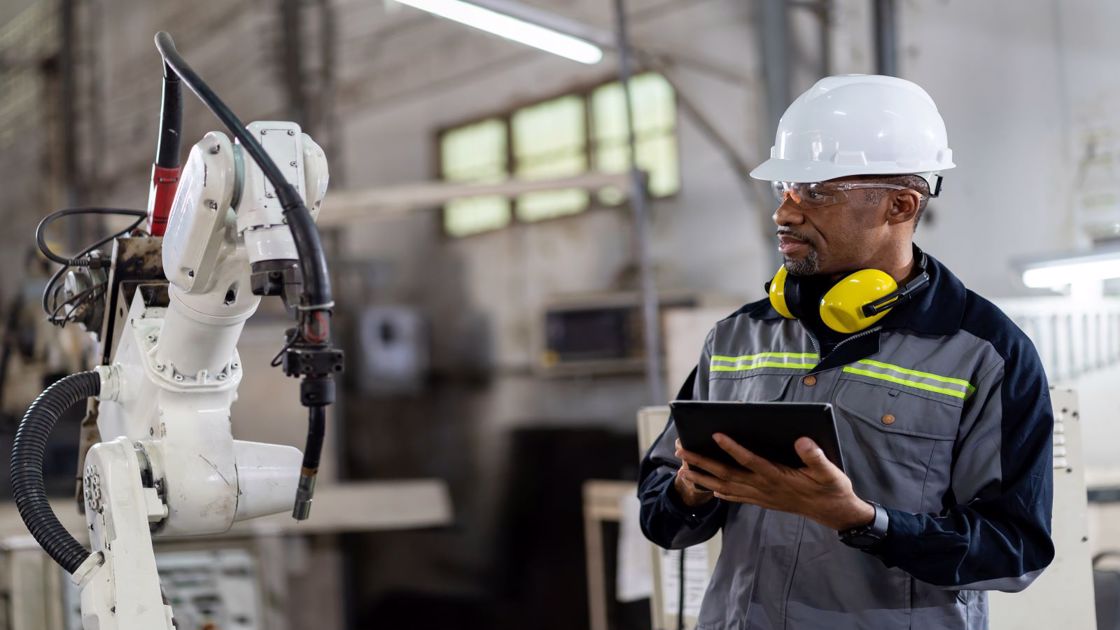Ceemet and industriAll Europe adopted their joint conclusions on artificial intelligence in the MET industries on the occasion of their social dialogue meeting on competitiveness and employment on 15 March 2023. The aim of the joint conclusions is to provide guidance for the social partners in the European MET industries on how to approach AI in the workplace.
In their statement, the social partners recognise the creative potential of AI. AI will not only replace repetitive or dangerous tasks, but will also create new jobs and will enable work on more creative tasks. The social partners also agree that the impact of digitalisation and AI on jobs needs to be carefully considered and that a well-functioning social dialogue is crucial to enable companies to reap the full benefits and to mitigate negative impacts on workers, such as reduced autonomy and deskilling.
The social partners underline the importance of human-centric AI in the workplace. They are determined that AI applications should not merely substitute human labour and industrial know-how or increase work intensity.
In light of these challenges and opportunities, the MET social partners have worked to develop joint conclusions on the impact of AI in the workplace in the MET industries, in particular with regard to:
- Occupational Safety and Health: AI can contribute to a positive working environment. AI can replace repetitive and monotonous tasks with more challenging or interesting ones, but it can also create new risks related to human-machine collaboration in a shared work environment. It can also lead to cognitive underload and deskilling. Risk analysis and consultation with social partners are key.
- Human resource management: AI in HRM is a particularly sensitive issue as it may neglect some interests of the employees. Data-driven management decisions should be subject to human control.
- Data and data protection: As AI is data-intensive, questions on how this data is being treated and how it can be protected are important. As principle, the data usage should happen lawfully, fairly and transparently – in line with GDPR principles.
- Skills: Continuous and lifelong learning will be key to AI literacy and enabling workers to keep up with technological developments. Workers and employers need to be able to understand the purpose of the AI system.
Ceemet and industriAll Europe agree that social dialogue is best placed to address all employment-related aspects of technology, including inequality, skills, the nature of work, work organisation and the prevention of discrimination. Having the right set of skills will be decisive for a successful implementation of AI at the workplace, as will the involvement of workers in the process.
To ensure the successful implementation of technological change, social partners at company level should cooperate in the introduction and design of new systems in the workplace.
